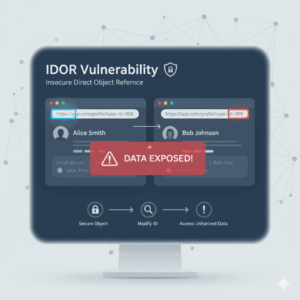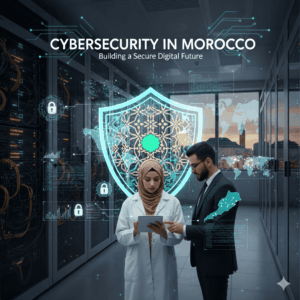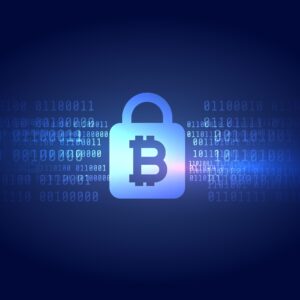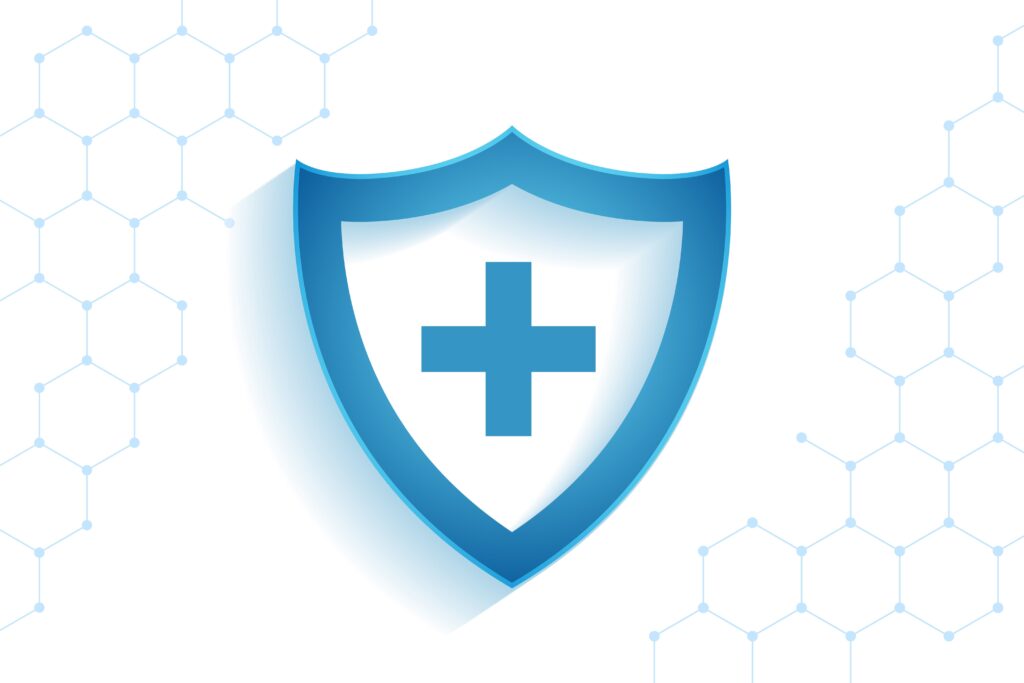Is VPN Safe?
A common idea is that “I’m using a VPN, so I’m safe now, right?”
It’s a comforting thought. VPN ads often make it sound like an invisible shield that makes you completely anonymous online, protecting you from everyone. But when it comes to real cybersecurity, feeling too comfortable can actually make you less safe.
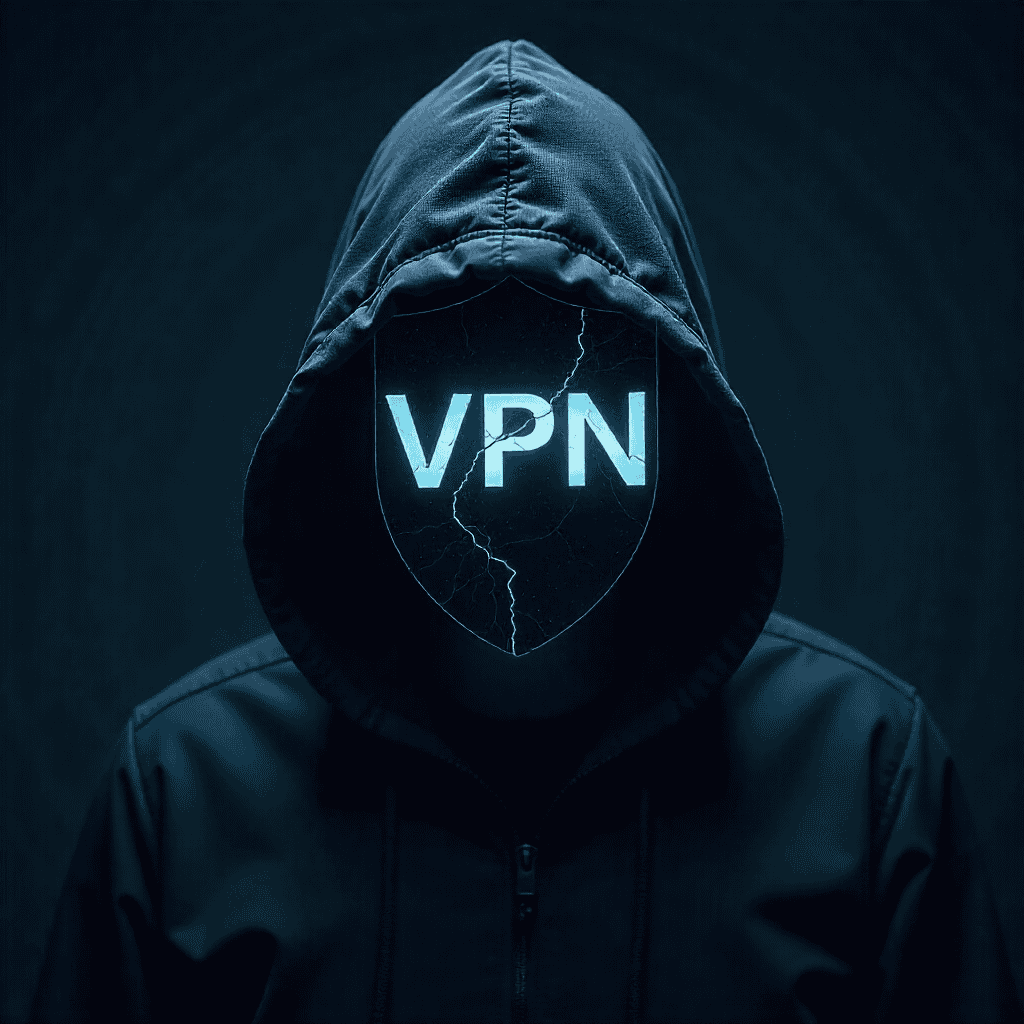
So, let’s get to the real question: Is VPN safe? A VPN is a useful tool, but it’s not a magic solution. It helps with some specific problems, but it doesn’t make you 100% Anonymous. To truly understand how safe a VPN is, we need to look past the hype and see what it actually does for you.
What Does a VPN Actually Do For Your Security?
A VPN (Virtual Private Network) creates a secure, private tunnel between your computer and the internet. Think of it as a protected pipeline for your data. This gives you two main benefits:
- It Encrypts Your Data on Public Wi-Fi: When you’re at a coffee shop or airport, it stops others on the same network from spying on what you’re doing. It locks your information away from digital eavesdroppers.
- It Hides Your IP Address: It makes it look like you’re browsing from a different location. This helps with privacy and lets you access websites that might be blocked in your country.
This is great for keeping your internet provider from seeing your history or for watching shows from abroad. But this is also where the idea that a VPN makes you completely safe starts to fall apart.
The Limits of a VPN: Where It Can’t Keep You Safe
Believing a VPN makes you 100% safe is a dangerous mistake. Asking “is VPN safe?” is the right start, but you need to know its limits.
- It Can’t Stop Viruses or Scams: If you accidentally download a harmful file or type your password into a fake website (a phishing scam), your VPN won’t protect you. It will simply send that bad traffic safely to your computer.
- You Have to Trust Your VPN Provider: You’re just switching who you trust—from your internet company to your VPN company. If the VPN provider keeps records of your activity (logs), or gets hacked, your private data could be exposed.
- Browser Fingerprinting Still Works: Websites can recognize you by your specific browser setup, screen size, and fonts. A VPN does nothing to stop this.
- DNS Leaks: Sometimes, a technical glitch can send your internet requests outside the secure tunnel, revealing what sites you visit.
Real-World Proof: Hackers Who Used VPNs and Still Got Caught
If VPNs offered perfect protection, police would never catch cybercriminals who use them. But they do. These real stories show that a VPN alone isn’t enough.
Case Study 1: The LulzSec Hackers
A hacker group called LulzSec used VPNs to hide their attacks on big companies like Sony and Fox. They felt safe behind their digital masks.
How They Were Caught: Their leader, “Sabu,” got careless. One time, he logged into their secret online chat without turning on his VPN. That single mistake let the FBI see his real internet address. Once they knew who he was in the real world, the VPN was useless. He was arrested, and he helped the FBI catch his team.
Case Study 2: The AlphaBay Dark Web Market
AlphaBay was a huge illegal market online. The man running it, Alexandre Cazes, used VPNs and other tools to hide his identity.
How He Was Caught: He made a huge error. The website’s “forgot password” feature was linked to his personal email address: alexandre.cazes@gmail.com. When police took over the site’s server, they found his real name right there. He also bought houses and sports cars in his own name, connecting his online crime to his real life. The VPN hid his location, but it couldn’t protect him from his own mistakes.
The Final Verdict: So, Is VPN Safe to Use?
Yes, you should use one. But you have to know what it’s for.
Think of a VPN like the lock on your front door. It’s a basic, important layer of security that stops casual thieves. But a strong lock won’t stop a professional burglar, and it definitely won’t help if you leave the window wide open.
How to Use VPN Safely and Smartly:
- Pick a Trusted “No-Logs” VPN: Do your research and choose a provider with a proven record of not keeping user data. Be wary of free VPNs—they often make money by selling your data.
- Always Use it on Public Wi-Fi: This is its most important job.
- Don’t Use it for Illegal Stuff: As the stories show, a VPN isn’t a guarantee of anonymity. Police have other ways to find people.
- Use it with Other Security Tools: A VPN is just one part of staying safe. You also need a good antivirus program and safe browsing habits.
Conclusion: Is VPN Safe?
So, is a VPN safe? The bottom line is that it makes you safer, but not invincible. It’s a powerful tool for privacy, especially on public networks. But it does not make you anonymous or block all online threats.
The biggest weak spot in any security plan is human error. No VPN can protect you from bad decisions. And as the hackers who got caught learned the hard way, thinking you’re completely safe is the most dangerous risk of all.
Stay vigilant, stay informed.


